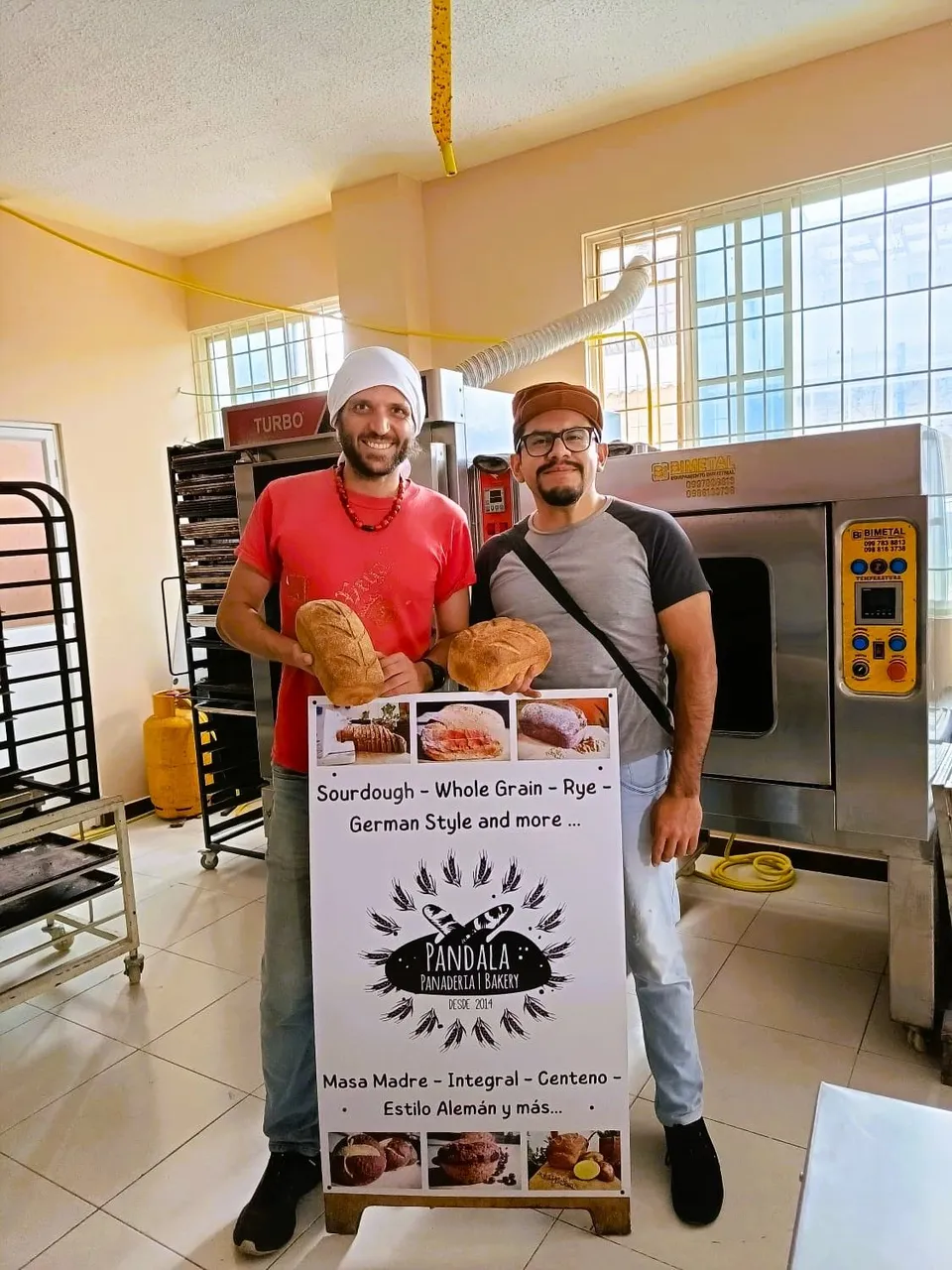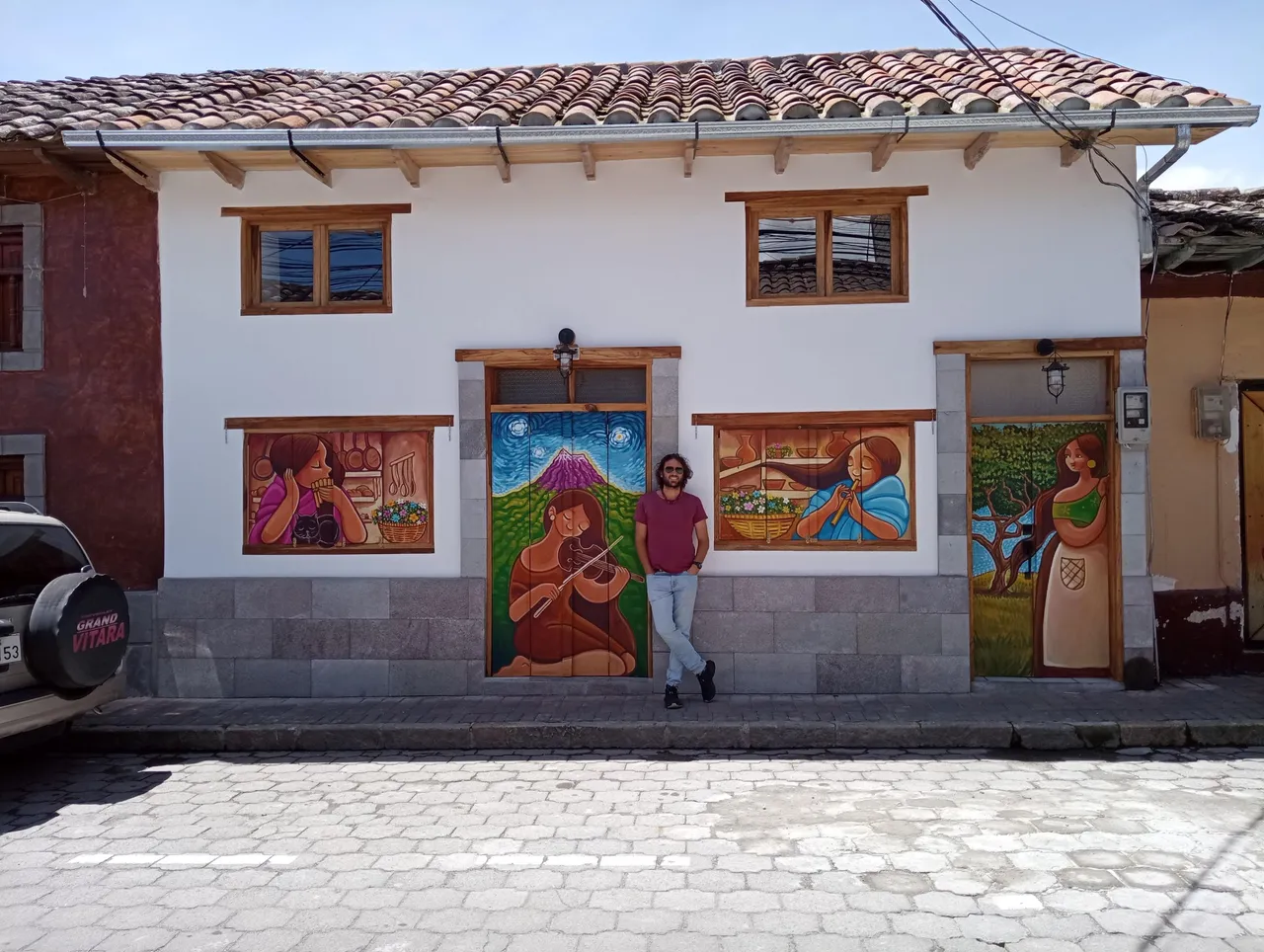It was in 2020 when I realized the huge impact a small business has on a small town, if run right. It was in January, one of the first days, I was sitting with a coffee in front of my screen and stared at the 2019 numbers. For the first time, we had reached $50,000 income, a milestone.

The profit margin was quite high, 25% - but the business was far from normal. Usually, you use the formula of 30% of revenue to be spent on personal, 30% on ingredients, 30% is profit and 10% is fix costs. I, on the other hand, was at 46% personal, 25% Ingredients, and 4% fix cost.
What does that have to do with a small town?
All my workers live here. Most of our ingredients are from local shops (some producers, some re-sellers). We do our private shopping here. Hence, the part of money that is retained at least for one more step within the town is very high. And multiplies in worth – I guess most of you know by now the story of the man coming to a hotel, getting a room for 100$. The hotelier pays the butcher, the butcher the baker, the baker the farmer, the farmer the miller, the miller the landlord, the landlord the whore, the whore the hotelier. Then the guest changes his mind, gets his 100$ back, but 700$ in debt has been erased.

All that money spent on personal…
It’s worth it, because of how it is earned. The head baker gets around 40% of the net profit produced per night (yes, I have a beautiful excel sheet for that). The more he produces, the more he makes. How does he produce more? By making sure the quality is at least very good, if not exceptional. That way, the salespeople have an easier job selling, and sell more.
Since 2019, the salary for the main baker (MB) has grown 50%. The better the team works together, the more money they all make. Even the adjutant is making more on a good day, though he has a fixed salary due to his unstable productivity – but if he does a great job, the MB notifies me, and we both pay him a little extra.
The administrator, who is salesperson as well, gets a bonus if he beats my numbers. Which is hard, since my numbers are quite awesome, with a 29,1% profitability. The burn-out was good for something at least.

Then, there’s the bonus. Each year I pay 2 bonuses on top of the legally required 2 additional salaries, which we pay monthly. The extras are a part of the profit. The better they all do, the more money we all make during the year, the more the bakery has left to give back to them.
It’s not the main motivation; it does help, but it’s more the notion of fair treatment that comes with it. I treat them fairly, but only if they treat the bakery fairly. And doing a mediocre job for a very good salary is not fair to the bakery.

The bills I pay.
It’s not me. I pay them for their work which allows them to pay their bills that allows others to pay theirs. But the more they make by merit, the more I make in the end. It all comes back. Happy workers, who feel like their treated fairly, do a better job, and they talk good about the company. They show more initiative to make things better. They look for opportunities – the baker is not a salesman, yet he has brought us (and with that himself!) quite a few clients.
Good machines and recipes can bring you only so far. In the last meeting, discussing the improvements they had made over the last weeks after me calling them out, I told them: “Our customers rather buy from a company with happy workers and slightly higher prices, than a company that is cheap in both senses”
My staff is my best investment so far. Sure, I did a few mistakes and invested in the wrong ones, but I never doubted my system. Over time, the team will improve, even if I still have to switch someone out.

Conclusion
Fair wages are important to me. Very important. But during my burn-out, I learned that "fair" has to go both ways. That's something that is generally forgotten in the debate, as the socially accepted narrative paints the worker as the victim, and the business owner as the evil capitalist. Of course, that can be the case, and I know many of those cases here, and I was convinced of that, too, so I did an extra effort to avoid it.
But I've had many cases of the worker being just as evil, trying to squeeze out a maximum for the lowest amount of effort. People on both sides can be very blind. The worker not seeing the struggle that the owner has to go through. The owner not realizing the situation that the worker is in.
Okay, that is another discussion.
We're all making money. More together now. My back is not breaking anymore, everything is more balanced. It feels fair. I'm looking positively into the future.